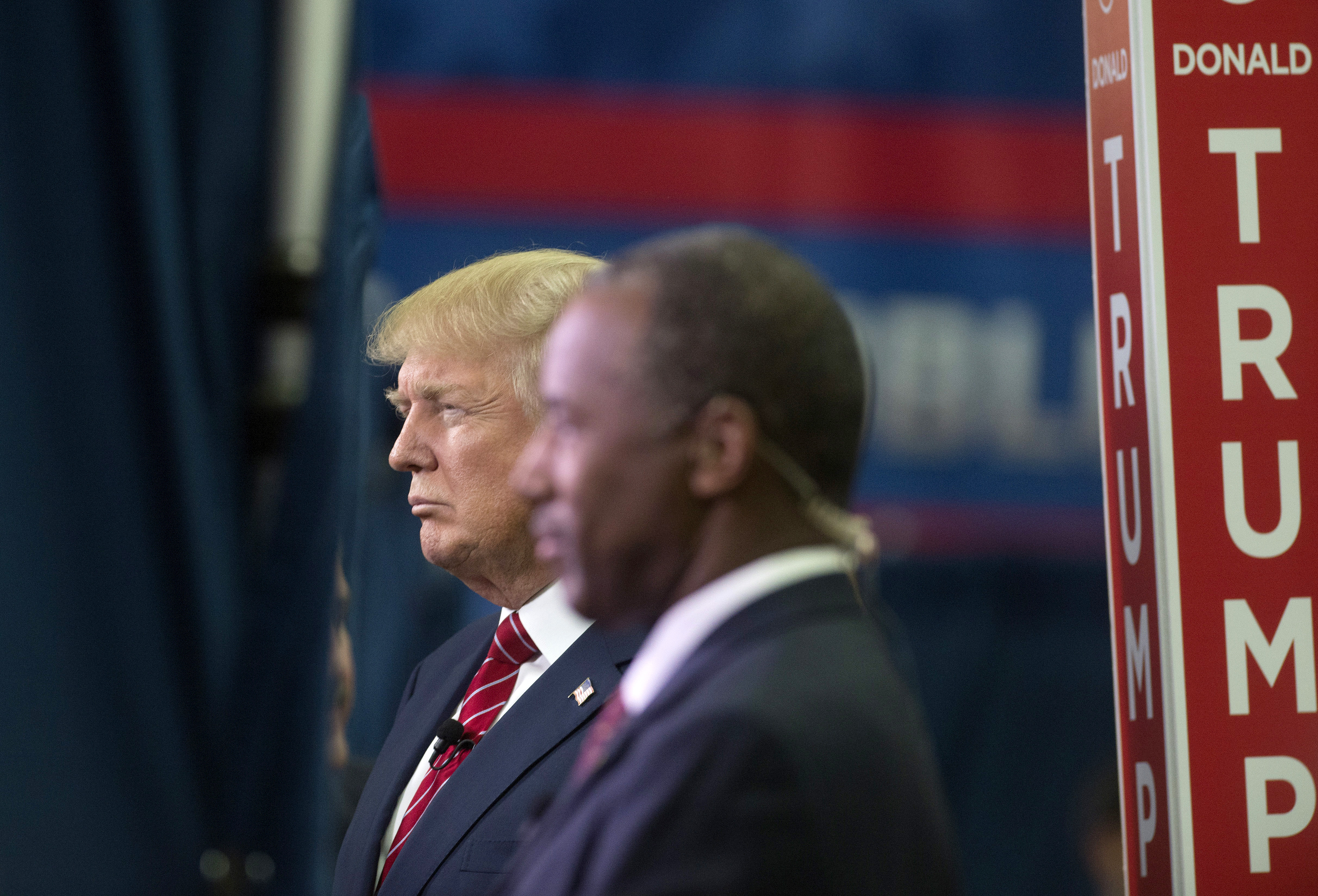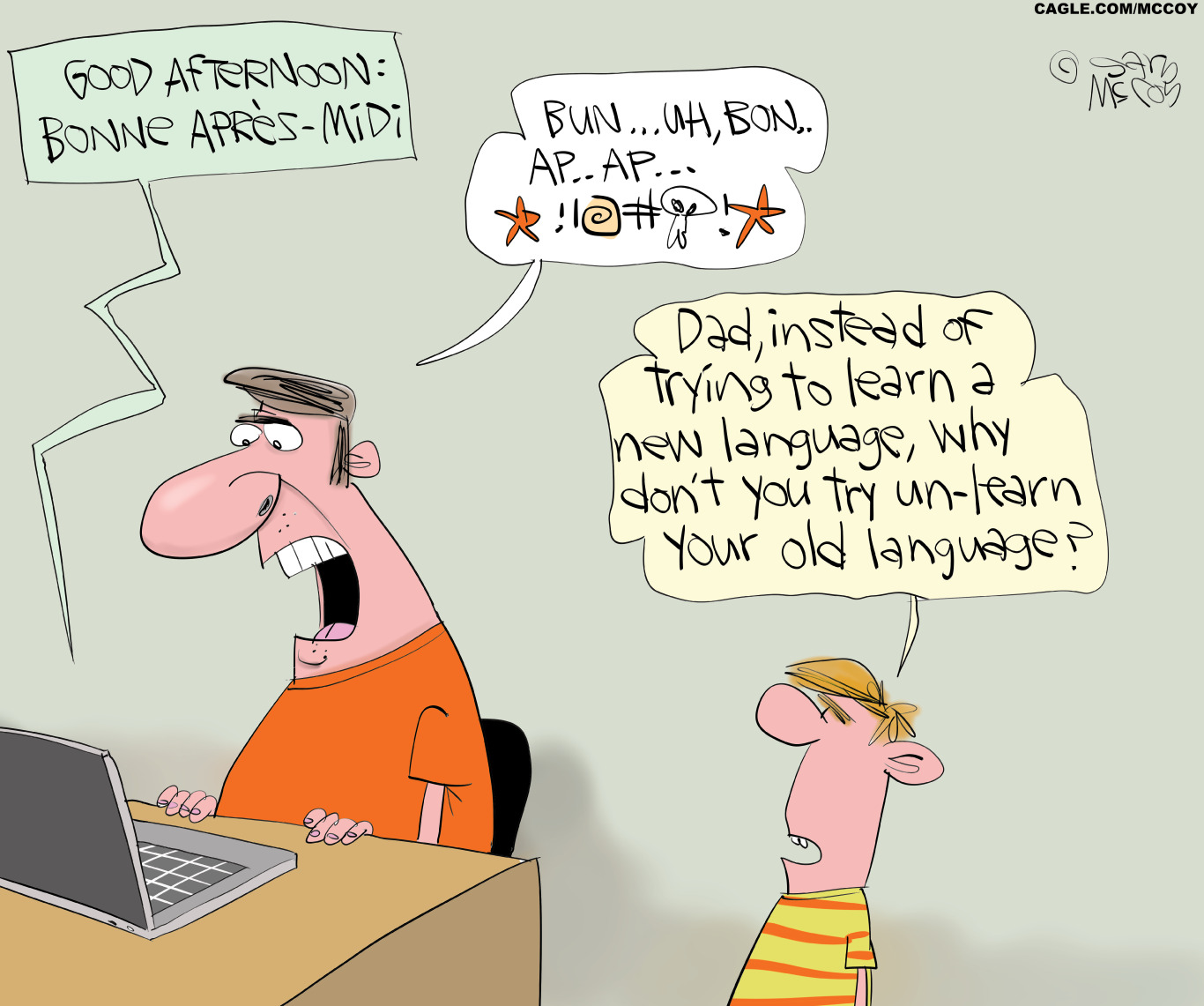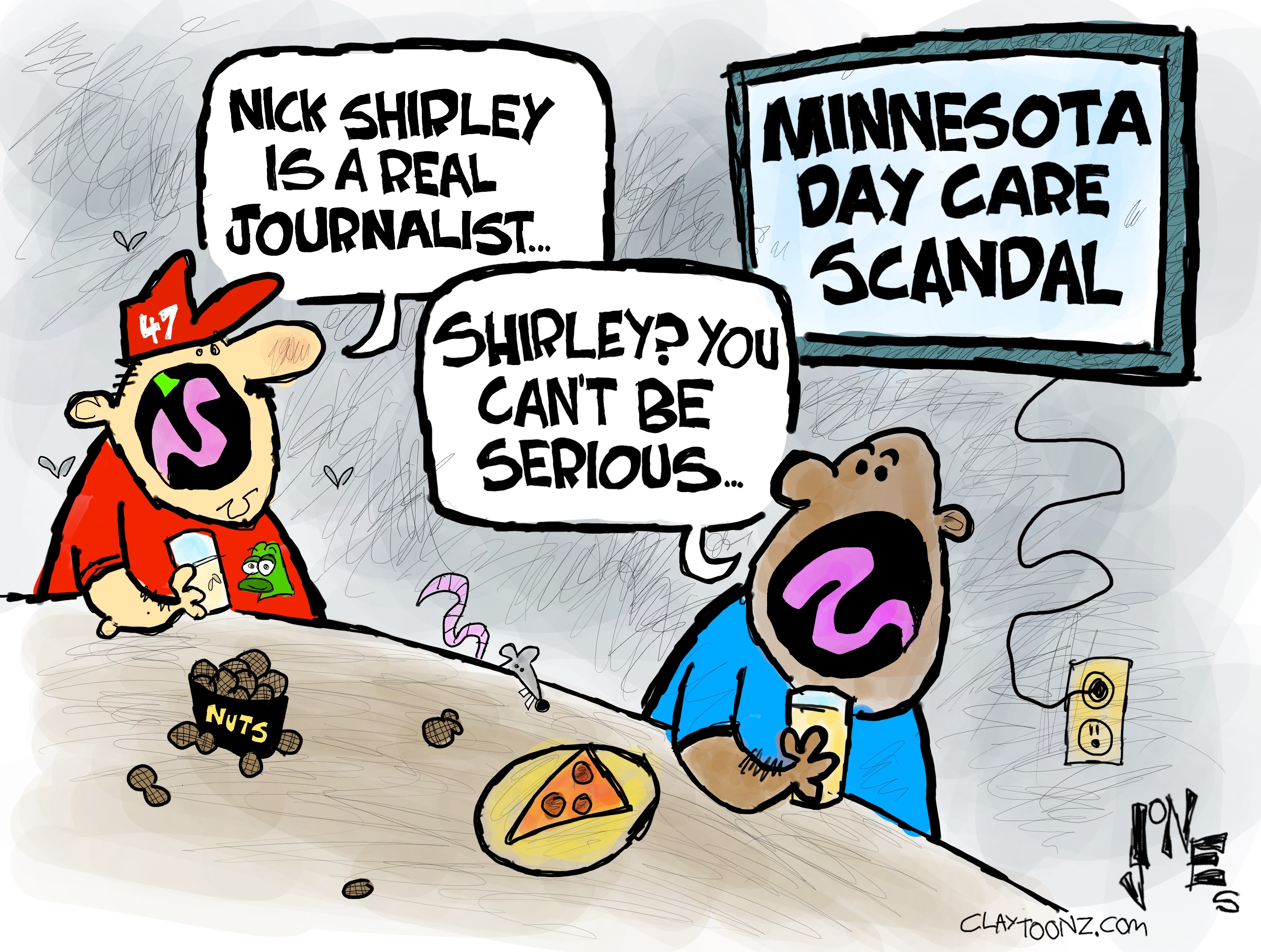A viewer's guide to Tuesday's GOP debate
The outsiders are cruising. But it's do-or-die time for the political veterans in the GOP's presidential field.


The timing of Tuesday night's Republican presidential debate has no small amount of irony. It takes place the day before Veterans Day, the holiday that honors those who have served in the U.S. military. It also takes place in a primary cycle in which voters have rejected the political veterans among the Republican presidential hopefuls.
The Real Clear Politics polling average shows that the GOP field has split into three parts. The obvious separation at the top puts Donald Trump and Ben Carson far ahead of the rest of the field. Those two outsiders together account for 49.2 percent, making each of them the frontrunners by double digits over their nearest competitors. The next tier belongs to Marco Rubio and Ted Cruz, the two first-term senators who have distanced themselves from the rest of the pack at 11.8 percent and 9.6 percent, respectively. Their strong performances in an otherwise dreadful CNBC debate last month gave the pair a boost that has eluded others in the field.
That leaves about 30 percent of the GOP electorate split between 10 other candidates, including six current or former two-term governors whose experience was predicted to be an enormous asset in 2016. Governors usually have two major advantages: a track record of executive experience, and a status as Washington outsiders that helps maintain the possibility of reform.
The Week
Escape your echo chamber. Get the facts behind the news, plus analysis from multiple perspectives.

Sign up for The Week's Free Newsletters
From our morning news briefing to a weekly Good News Newsletter, get the best of The Week delivered directly to your inbox.
From our morning news briefing to a weekly Good News Newsletter, get the best of The Week delivered directly to your inbox.
In the 2016 cycle, however, voters have lumped the governors in with the "establishment," and none of them have fared well. Scott Walker and Rick Perry have already dropped out. Of the governors still in the fight, only Jeb Bush scores as high as 6 percent in the RCP average — and that is down from 8 percent three weeks ago. No other veteran politician polls at better than 3 percent. Chris Christie's star has descended low enough (2.2 percent) to get pushed from the main state to the undercard debate, as has Mike Huckabee's (2.4 percent). Bobby Jindal (0.8 percent) is but a blip on the radar.
The veterans are, simply put, flailing. Many of their campaigns have already begun running out of cash, as well as running out of voter enthusiasm. They have to find ways to break out in this debate — or they'll have to start considering what to do next in their careers. So what strategies will the GOP candidates need to employ in the debate to move up and keep from getting moved out? A brief guide:
The undercard: This is a four-person debate: Christie, Huckabee, Jindal, and Rick Santorum. Frankly, the only candidate in this group with any shot of moving up is one of the men who got bumped from the main stage: Christie. A video of Christie telling a moving story about a friend who died from an addiction to painkillers has gone viral. If Christie can get to that story in the debate, it might be distinctive enough to contrast with the normally contentious tone of the undercard debates. The other candidates have shown no hint of capturing the imagination of voters in three successive debates, and only Jindal shows any life at all in Iowa.
The pack: Carly Fiorina and Rand Paul have been consistent in the debates, but consistency alone won't help them. Fiorina has had three good debates and got a boost in polling after the second, but it dissipated quickly, and even another good debate performance will likely not lift her a second time. Paul, meanwhile, has seen his two freshman Senate colleagues catapult into the second tier, while he muddles along at 3 percent.
A free daily email with the biggest news stories of the day – and the best features from TheWeek.com
By contrast, John Kasich and Jeb Bush have tried too hard to put on different personas in the debates. Both did damage to themselves while trying to damage others — Kasich aimed at Trump and Carson (and missed), while Bush took a muddled swipe at Rubio and got embarrassed by Rubio's condescending response. Kasich has to find a middle ground between his Happy Chappy and Grumpy Grampa personas in the last two debates, and hope that he can grab a viral moment for something other than a rant. Bush hasn't learned from his belly flop; his team has telegraphed yet again that they will launch attacks on Rubio rather than Trump or Carson, making Team Bush look more desperate than ever. Fending off attacks from the GOP's most establishment candidate might end up boosting Rubio, especially if Bush flubs his attacks tonight as badly as he did in the last debate.
Tier two: Rubio and Cruz have a few choices: Attack each other, attack the top tier, or attack the media. The pair changed the tenor of the CNBC debate by choosing Option 3, but they may be sorely tempted to try Option 1 tonight to make themselves the alternative to the outsiders in the top tier. It's almost a certainty that they will avoid Option 2, since they can afford to bide their time — a luxury that those farther back do not have. At this stage, both will be safest with Option 3.
The leaders: Most predicted that Trump and Carson would have faded long before now. Instead, they're dominating — so why change strategies? Trump has been content to let everyone else chip at each other on stage, while Carson has emphasized his common-sense, common-man approach. Carson will have an opportunity to launch a broadside at the media, especially if the panel starts drilling the doctor on his biography. Otherwise, the co-champs so far may feel as though it's up to the challengers to knock them off of their perch rather than risk their standing by punching down — and they'd be right.
Edward Morrissey has been writing about politics since 2003 in his blog, Captain's Quarters, and now writes for HotAir.com. His columns have appeared in the Washington Post, the New York Post, The New York Sun, the Washington Times, and other newspapers. Morrissey has a daily Internet talk show on politics and culture at Hot Air. Since 2004, Morrissey has had a weekend talk radio show in the Minneapolis/St. Paul area and often fills in as a guest on Salem Radio Network's nationally-syndicated shows. He lives in the Twin Cities area of Minnesota with his wife, son and daughter-in-law, and his two granddaughters. Morrissey's new book, GOING RED, will be published by Crown Forum on April 5, 2016.
-
 Political cartoons for January 4
Political cartoons for January 4Cartoons Sunday's political cartoons include a resolution to learn a new language, and new names in Hades and on battleships
-
 The ultimate films of 2025 by genre
The ultimate films of 2025 by genreThe Week Recommends From comedies to thrillers, documentaries to animations, 2025 featured some unforgettable film moments
-
 Political cartoons for January 3
Political cartoons for January 3Cartoons Saturday's political cartoons include citizen journalists, self-reflective AI, and Donald Trump's transparency
-
 Bari Weiss’ ‘60 Minutes’ scandal is about more than one report
Bari Weiss’ ‘60 Minutes’ scandal is about more than one reportIN THE SPOTLIGHT By blocking an approved segment on a controversial prison holding US deportees in El Salvador, the editor-in-chief of CBS News has become the main story
-
 Has Zohran Mamdani shown the Democrats how to win again?
Has Zohran Mamdani shown the Democrats how to win again?Today’s Big Question New York City mayoral election touted as victory for left-wing populists but moderate centrist wins elsewhere present more complex path for Democratic Party
-
 Millions turn out for anti-Trump ‘No Kings’ rallies
Millions turn out for anti-Trump ‘No Kings’ ralliesSpeed Read An estimated 7 million people participated, 2 million more than at the first ‘No Kings’ protest in June
-
 Ghislaine Maxwell: angling for a Trump pardon
Ghislaine Maxwell: angling for a Trump pardonTalking Point Convicted sex trafficker's testimony could shed new light on president's links to Jeffrey Epstein
-
 The last words and final moments of 40 presidents
The last words and final moments of 40 presidentsThe Explainer Some are eloquent quotes worthy of the holders of the highest office in the nation, and others... aren't
-
 The JFK files: the truth at last?
The JFK files: the truth at last?In The Spotlight More than 64,000 previously classified documents relating the 1963 assassination of John F. Kennedy have been released by the Trump administration
-
 'Seriously, not literally': how should the world take Donald Trump?
'Seriously, not literally': how should the world take Donald Trump?Today's big question White House rhetoric and reality look likely to become increasingly blurred
-
 Will Trump's 'madman' strategy pay off?
Will Trump's 'madman' strategy pay off?Today's Big Question Incoming US president likes to seem unpredictable but, this time round, world leaders could be wise to his playbook
